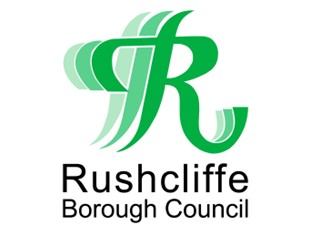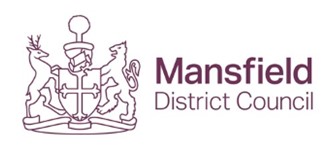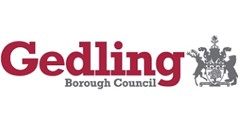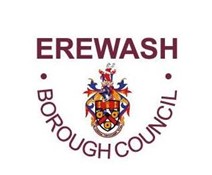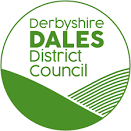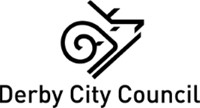At MIPIM UK last week, apart from being blockaded in by protesters concerned with the potential closure of Charing Cross Hospital – the Mayor of London was making the key note speech that morning – and the property sector more generally, I was asked to be part of a panel, sponsored by Marketing Derby, alongside Centre for Cities, Rolls Royce, Intu and the City Council to address the question of how do you attract investment in the regions.
As you would expect I highlighted the fact that London was overheating; it was now the region’s time; the importance of connectivity and therefore securing HS2 and specifically an East Midlands hub station and bringing collaborative solutions forward, not grievances.
Outside of my day job I am also trying to complete my thesis which looks at the rationale for Smart Cities and the concept of Smart Ledership I lace making and highlight that, in a congested island such as the UK, Smart Cities presents a real opportunity for accelerating innovation and enterprise, potentially bringing together virtual and physical communities to create and experiment; deliver new services in better, exciting and previously unimaginable new ways.
For example Derby is one of the UK’s most connected cities – in 2014 the Centre for Cities found it to be the 3rd most superfast city in the UK. Yet it has one of the lowest take-ups of this technology. This underpinning infrastructure could provide a head start in delivering a Smart Cit and more broadly with Leicester and Nottingham and other communities – a Smart Region.
Nottingham already has real strengths and assets in Energy and only last week announced new Smart ticketing machines. It is already one of the UK pathfinder Future Cities.
Ultrafast digital connectivity, cloud technologies, mobile working will transform how we do business and deliver services making Smart communities a more attractive place to work and locate. Smart City and the low carbon economy will create a range of new jobs and services and the East Midlands should be recognised as a global test bed to trial new technologies and services.
Smart Cities is about improving lives. Technology provides better information, more choice, more convenience and less waste for citizens, businesses, communities and public services.
We already have car parking and pavement sensors, intelligent streetlamps, traffic lights sequencing and signage that adjusts accordingly to places safer and easier to travel and connect. Real time traffic and pedestrian updates help travel planning to avoid delays, save money as well as reducing congestion and accidents and providing emergency response.
Smart Cities could provide greater intelligence across sectors such as health,
social care, housing, waste and energy providing more personalised services, enable more efficiencies, identify emerging problems and enable more targeted interventions.
Webcam consultations, online appointment bookings are already changing the way healthcare is being delivered providing more choice, more convenience and more independence.
Smart Meters and Smart Grids provide a better deal for consumers, help deliver a low carbon economy and secure energy supplies in the future. Businesses, entrepreneurs and social enterprises could capitalise on the growth of data sets producing new consumer products that will impact positively on people’s lives providing they can do so securely and privately.
Across the East Midlands, many of the key foundations already in place, including the D2N2 low-carbon plan published earlier this year.
D2N2 can be one of the pre-eminent smart places of the 21st century – agile working effectively in a resource constrained world with increasing population using our strengths in digital and social collaboration to drive the future economy.
This could help embed sustainable growth, improving health and well-being and prosperity moving from responding to these challenges to one which is systematically able to anticipate and tackle challenges in an agile, low cost and sustainable way.
An East Midlands collaborative – An East Midlands Smart City Commission – could provide the vision and leadership to define the strategic roadmap to look at how we invest in and use digital technologies across our many communities – not just cities – to find new ways to make best use of our resources and data that will deliver better services and way of life, in an open, collaborative and inclusive way.
David RalphChief ExecutiveD2N2 LEP












